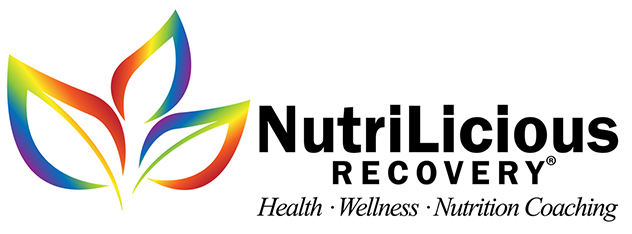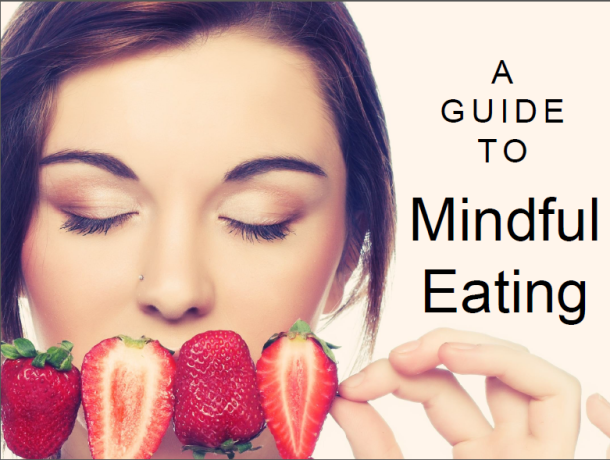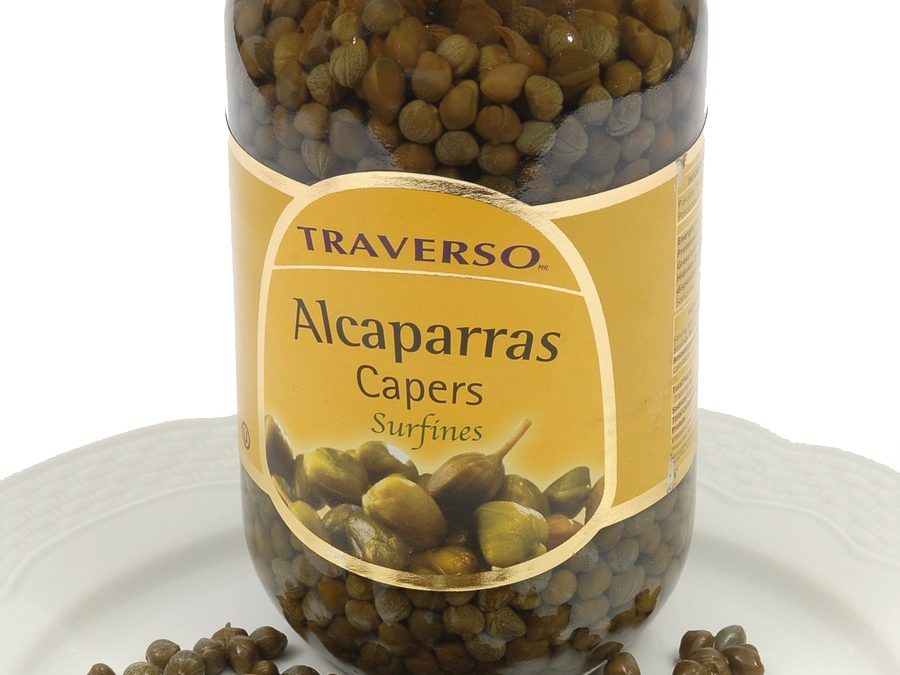
by dnshah | Jul 28, 2020 | Age Defying, Diet and Weight Loss, Health and Wellness Tips, Virus
Dietary flavonoids are a large family of plant compounds sharing a structure, and there are 6 major subfamilies (anthocyanidins, flavan-3-ols, flavanones, flavones, flavonols, and isoflavones). Quercetin is a flavonoid from the Flavanol subfamily.
Some of the functions quercetin provides (human or animal studies) include:
Main dietary sources (from the USDA database) are listed below. The way food is prepared (boiled, fried, etc.) impacts quercetin concentration.
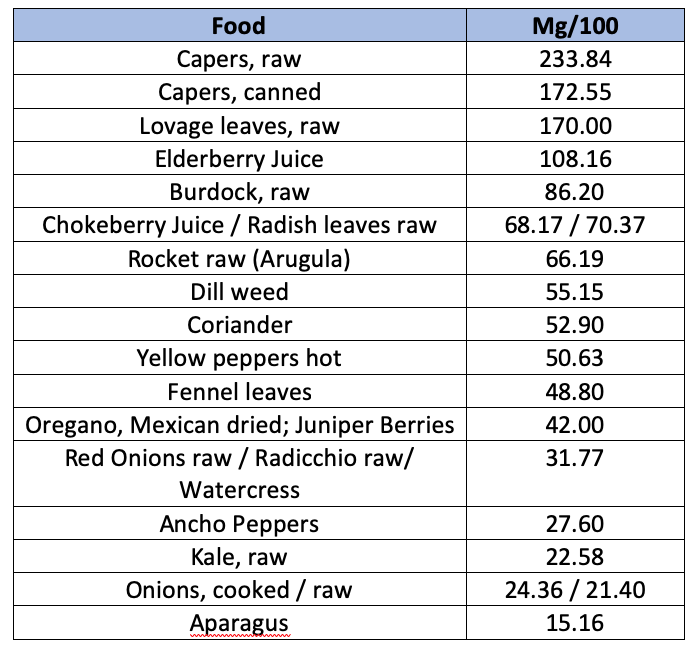
Excessive quercetin may cause headache, tingling of arms/legs, and kidney damage. There are some possible medication interactions (antibiotics, cyclosporine, warfarin, liver medications), so always consult a doctor when changing dietary habits.

by dnshah | Jul 28, 2020 | Age Defying, Diet and Weight Loss, Health and Wellness Tips, Stress Management, Virus
Vitamin D is a fat-soluble vitamin that isn’t present in many foods. One of the ways we synthesize vitamin D is through sunlight on our skin. Many factors will control how much vitaminD our bodies can make (think location, altitude, season, skin darkness), so it is important to have a backup vitamin D strategy, especially in winters when we don’t have as much opportunity to be in the sun outdoors. Darker skin reduces the absorption of vitamin D.
Vitamin D is very important for our immune system to run optimally. Some of its functions include:
- Stimulate lung protection from infection; reduces risk of acute respiratory infection
- Inflammation reduction
- Helps with calcium absorption (promotes healthy bones)
- Modulation of cell growth (including apoptosis)
- Neuromuscular functions
- Helps to prevent colon, prostate, and breast cancers
There are no known studies proving prevention, reduction, treatment, or a cure against COVID19. That said, many scientists are talking about ensuring adequate vitamin D especially now in light of pandemic conditions.
According to the USDA, adults and children (1-70 years) need 600 IU of vitamin D daily, with older adults needing 800 IU daily. This vitamin is not easily found in foods, but below are some food sources. Non-food sources include sunlight and supplements.
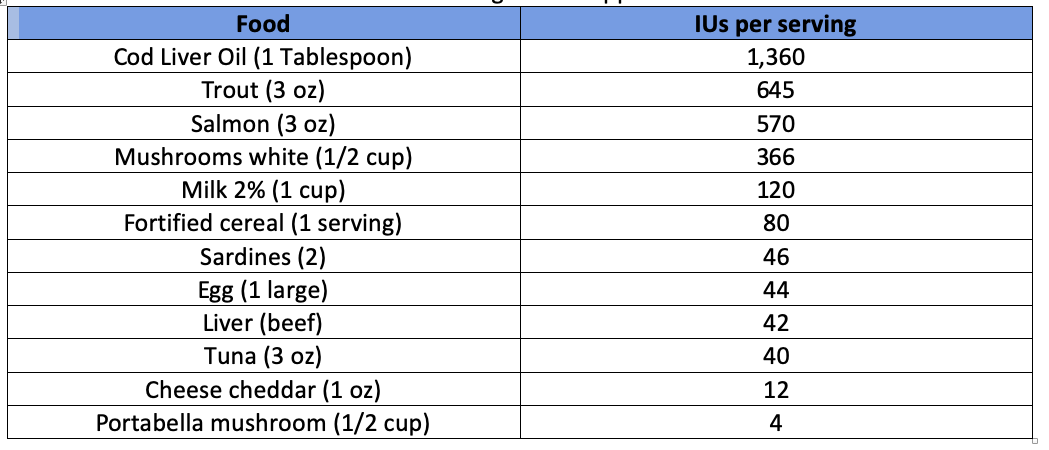
Obtaining sufficient vitamin D from food alone is difficult, hence the need to fortify staple foods with vitamin D (milk, cereals, orange juice, yogurts, margarines). If people have fat absorption issues, this can reduce the uptake of vitamin D also. Many people depend upon vitamin D supplementation to meet the recommended daily intakes.
With supplementation, there can be potential interactions with medications (steroids, weight loss medications) and risks that come with getting too much vitamin D. Excessive vitamin D can cause symptoms (anorexia, weight loss, heart arrhythmias, excessive calcium-blood levels). Excessive calcium-blood levels can lead to vascular and tissue calcification along with other damages.
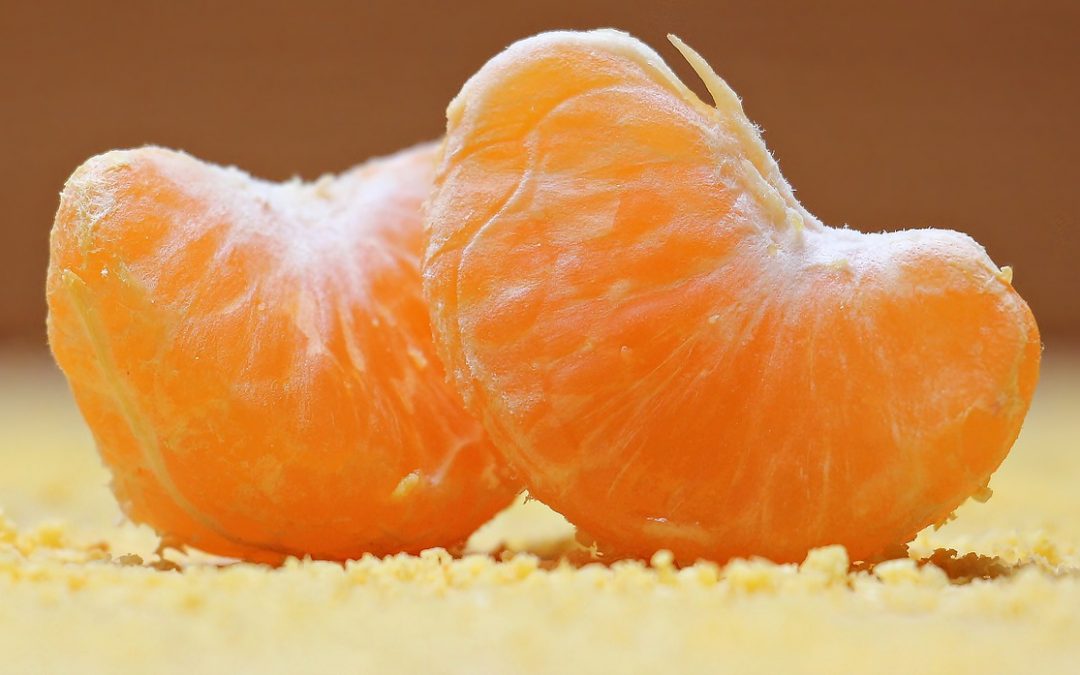
by dnshah | Jul 28, 2020 | Age Defying, Diet and Weight Loss, Health and Wellness Tips, Virus
Vitamin C is essential water-soluble vitamin; our bodies don’t make it so we have to get a new supply daily. In general It protects us from oxidative stress, the normal “wear and tear” process of living. Some other functions of vitamin C include the following(1):
- Maintaining our epithelial barriers – which means it protects us from the outside world (think COVID19 virus and other pathogens, and leaky gut – aka intestinal permeability)
- Our immune natural killer (NK) cells depend upon vitamin C for their optimal function and movements as they travel through the body protecting us from foreign invaders.
- Our immune macrophages depend upon vitamin C for their optimal function as they travel through the body cleaning up debris – “taking out the trash” to minimize inflammatory responses.
- Our immune T- and B- cells depend upon vitamin C for their optimal function as they target microbial killing to defend our bodies.
While there are NO known clinical trials using vitamin C for preventing or treating or curing COVID19, China is actively doing a clinical trial concluding in Sept, 2020 with it.(7)
The important factor with vitamin C is that since our bodies don’t make it, we must come up with a regular routine of supplying the body with good doses daily. And then we have to ensure our digestion is running optimally so we can absorb the nutrients we need. According to USDA, the daily recommended intake for vitamin C for adults is 75mg (females) or 90mg (males) and much lower for babies and children. Sufferers of malabsorption, macular degeneration, certain diseases, and smokers would need more. Some great food sources include:
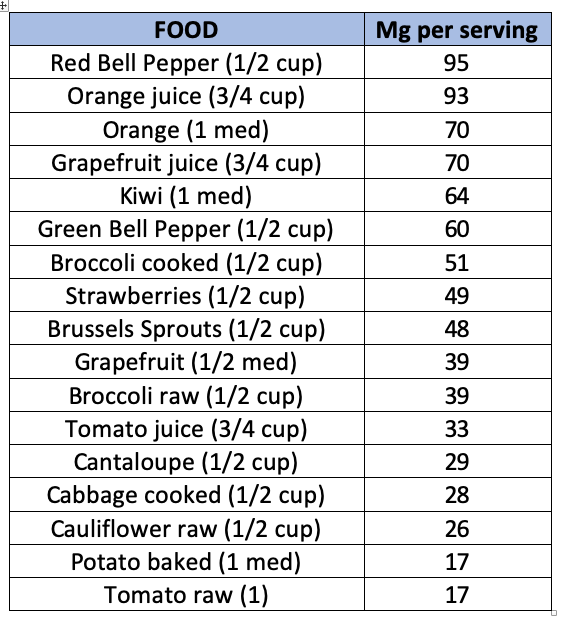
There are minimal health risks from excessive vitamin C (GI issues), however there may be medication interactions with vitamin C supplements. Vitamin C and other antioxidant use while undergoing cancer treatment is controversial at this time. Always seek the help from your doctor before making dietary changes.

by dnshah | Jul 1, 2020 | Age Defying, Diet and Weight Loss, Health and Wellness Tips, Obesity, Stress Management
Ketogenic diets are the current trend, and people want to learn more about which fats are better for you compared to others. While I’m not a BIG believer of long-term ketogenesis, I have seen that the body performs well during ketogenesis; and I know that keto diets work for short-term weight-loss. And I love when bodies are in a fat-burning mode, because healthy fats are REALLY where it’s at for optimally fueling our brains.
Many decades ago I remember my teenage-self making a weight loss goal, and deciding I needed to cut down on fats. I declared to my family, “no more ghee!” Ghee is a clarified butter (healthy fat) made by heating butter and removing the milk solids. It’s better tolerated because it removes the lactose and casein. Its origin is India, so what I had just announced did not bode well for my Indian household. My grandmother looked up at me and promptly informed me that was a bad idea for my bones and brain. Not seeing any logic to how a little fat in a food was going to help my bones or my brain, I explained to her the western science of cutting down fat to lose weight. My grandmother laughed at me and explained the eastern science of ensuring adequate healthy fats in the body to “lubricate” the bones and brain. I didn’t understand nor believe her… after all I was the SCIENTIST! Fast forward decades, and it turns out… grandma was right! It’s really important to consume healthy fats like ghee for fueling our brains and bones, as well as our skin, hair, and digestion. Today Western science has trials underway to better understand the benefits of healthy fats (especially ghee vs. coconut oil). Ghee contains vitamin K2 which is important for calcium absorption and bone strengthening; and it’s also a great skin moisturizer.
Coconut oil has also been BIG since keto diets have trended and especially after Bulletproof Coffee hit mainframe America. People want their MCTs (medium chain triglycerides) and coconut oil has them! MCTs are the key to getting the body into ketosis, and known for improving brain health, decreasing insulin resistance, decreasing inflammation, and promoting weight loss. And it has unofficially been reported that coconut oil has some benefits regarding Alzheimer’s, Dementia, heart disease, diabetes, autoimmunity, and cancer.
The question that logically comes next is… which fat is better? As an adult woman I’m not going to disrespect ghee (like I did as a teenager). Both coconut oil and ghee have a lot going for them in terms of healthy fat advantages, but both have distinct nutrient profiles.
- One of the main fuels for building cells in the intestine is Butyric Acid. It’s also important for digestive health, decreasing inflammation, and improving IBS issues. Butyric acid is abundant in ghee, and not found in coconut oil.
- MCTs benefit our gut microbiome, so can improve overall digestion. Coconut oil contains 60% MCTs and ghee is 25% MCTs.
So coconut oil may be a better fat for brain health, but ghee seems to be a better fat for digestive health. So it depends upon which goal you desire more. Or… you could combine both the ghee and coconut oil and get BOTH benefits! Some health food stores have already mixed both and offer them together.
Current food specialists warn about the consumption of excessive saturated fats. Both ghee and coconut oil fall into this category. So before changing your diet and lifestyle, always talk to your health practitioner or integrative physician and ensure there are no issues or contraindications with the desired change.
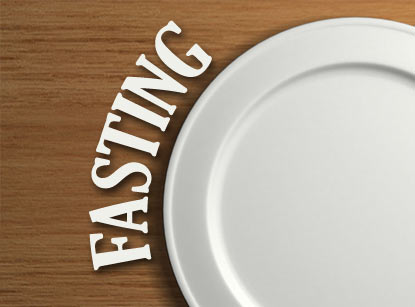
by dnshah | May 30, 2020 | Age Defying, Diet and Weight Loss, Health and Wellness Tips, Obesity, Stress Management, Virus
I’ve recently attended a fasting summit workshop (virtually), and learned quite a bit more about fasting that my Indian culture and background always hinted at.
Fasting has been happening since the beginning of man – the cavemen and women were cycling through periods of feasting and famine. All religions of the world have some time period where food is restricted or one is asked to limit it for a given time duration. This is not a new subject. What is new is that this act of food restriction seems to provide real benefits with autoimmune conditions provided that some conditions structure the practice:
Some of the other findings show that fasting:
So is fasting a go for everyone? No, there are some categories of folks that fasting a not an option for, including:
- People on certain medication (meds for diabetes, seizures, and steroids)
- People with diabetes type I
- Pregnant or nursing women
- Infants and young children
- People with eating disorders
- Anyone severely underweight
- Women who experience symptoms of hormonal imbalance after starting intermittent fasting: irregular periods, moodiness, irritability; lower calorie consumption can disrupt hormones, which are required for ovulation and a healthy pregnancy
- Extreme athletes
- Women on their menstrual cycle
If your doctor thinks it could be a good options for you to try intermittent fasting, seek out a health coach to help you on this journey, because there are some tweaks to enhance the benefits from fasting!

by dnshah | May 4, 2020 | Age Defying, Diet and Weight Loss, Health and Wellness Tips, Obesity, Stress Management
Sounds awful… but many are enhancing their cup of Java – not for flavor, but to increase health benefits. There are several different ideas floating around… Mushroom coffee is one that seems to have gained popularity, as now some cafes across the country are carrying it.
Mushroom coffee is basically a regular coffee that has been combined with powerful medicinal mushrooms, such as cordyceps, lion’s main, and chaga, to boost health benefits and brain function. Can there really be merit to this fad?
Benefits
Side Effects
One should ALWAYS consult their doctor before taking any supplements.
- Mushroom coffee can interact with various drugs and prescription medications.
- For some people, the caffeine in coffee can cause jitteriness, nervousness, insomnia, and nausea. For some people, mushroom coffee can cause IBS type of symptoms.
- There are rare cases of side effects with medicinal mushroom supplements. One example of an adverse reaction involves Reishi mushrooms. It was linked to fatal hepatitis for a small percentage of consumers. Researchers attribute this to some interaction with prescription medications.
Special note that this is a new concept to the US, and mushroom coffee has not been studied directly in controlled scientific studies, so optimal dosages for coffee in combination with medicinal mushrooms have not been established. Nutritionists have referred to the recommended doses of coffee and respective mushrooms separately to create this products for the effective purpose of boosting immunity and cognitive function.
Available Products
I believe mushroom coffee is great during flu season (or a pandemic/endemic) or for anyone with a compromised immune system due to its immune-boosting properties. I especially like the easy delivery system for those of us with a daily habit of a hot beverage in the mornings. I don’t get any incentives for talking about these products, but I do use the last one mentioned!
- Four Sigmatic Mushroom Coffee Mix is ideal if you want to swap in mushroom coffee into an already-established coffee routine, and can be made with any standard coffee maker. You can even use it to make a cold brew if that’s what you prefer.
- SOLLO Chaga Immunity is a K-cup style mushroom coffee that combines arabica coffee with chaga mushroom extract.
- Four Sigmatic Mushroom Coffee Instant Mix is best-suited for making instant coffee on the go. It contains a blend of lion’s Mane, chaga, rhodiola and instant coffee powder.
- Super Organics Energy Boost Coffee uses fair trade and organic coffee with extracts of cordyceps maca root, other herbals, and probiotics.
- Naturealm Mushroom Coffee Creamer (what I use) is a dairy-free creamer (coconut milk) with a blend of maitake, cordyceps, and lion’s mane, so you can turn your favorite coffee beans into a mushroom coffee. If you typically don’t use a coffee creamer, then this is not for you.


